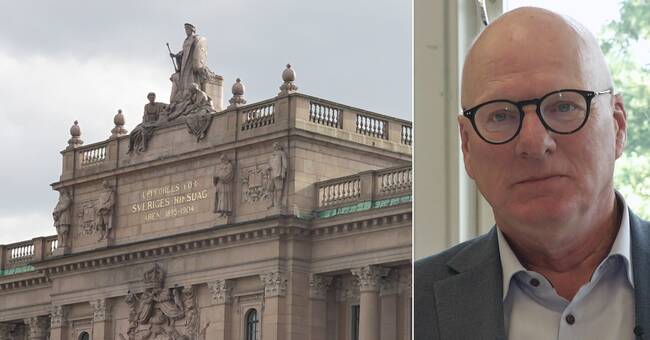It was in 2007 that the then bourgeois government removed the wealth tax.
But it was not just the tax that disappeared.
The then government also removed the possibility of taking in individual data on household wealth, a prerequisite for taxation.
But the current Minister of Finance, Magdalena Anderson (S), appointed an inquiry in January to produce the information again.
Now the numbers are in
- You need to be able to see how public health is affected by wealth.
You need to know what happens if you change a benefit system, a tax system, amortization requirements, and so on, says Per Håkansson, special investigator for the inquiry into statistics on household assets and liabilities:
- There are many uses for which you should have the statistics, but it does not exist today.
In order to be able to use the figures for a new wealth tax, the investigation is not enough but needs to be supplemented, according to investigator Per Håkansson.
Election question
In the spring, Minister of Finance Magdalena Andersson began to talk about some form of new wealth tax, a few months after the new inquiry was appointed.
- I see in front of me that we will go to the polls that those who have the highest incomes, not least the highest capital incomes, should contribute more to welfare, said Magdalena Andersson (S) in Rapport on 8 March.
This is what the Minister of Finance wrote in the press release from 28 January when the inquiry was appointed:
"Better statistics on the distribution of income, wealth and debt are also important in the fight against economic inequality"
Be careful with the tax money
Daniel Waldenström, who is a professor of economics, is looking forward to receiving the new information.
He gives Denmark as an example of a country that collects figures on household wealth, but still does not levy wealth tax.
- We need to handle taxpayers' money with the utmost respect, so it is important that we can design the taxes in the best way - then we need information. Which taxes are to be formulated is a political issue. It is up to the voters to decide, says Daniel Waldenström.

